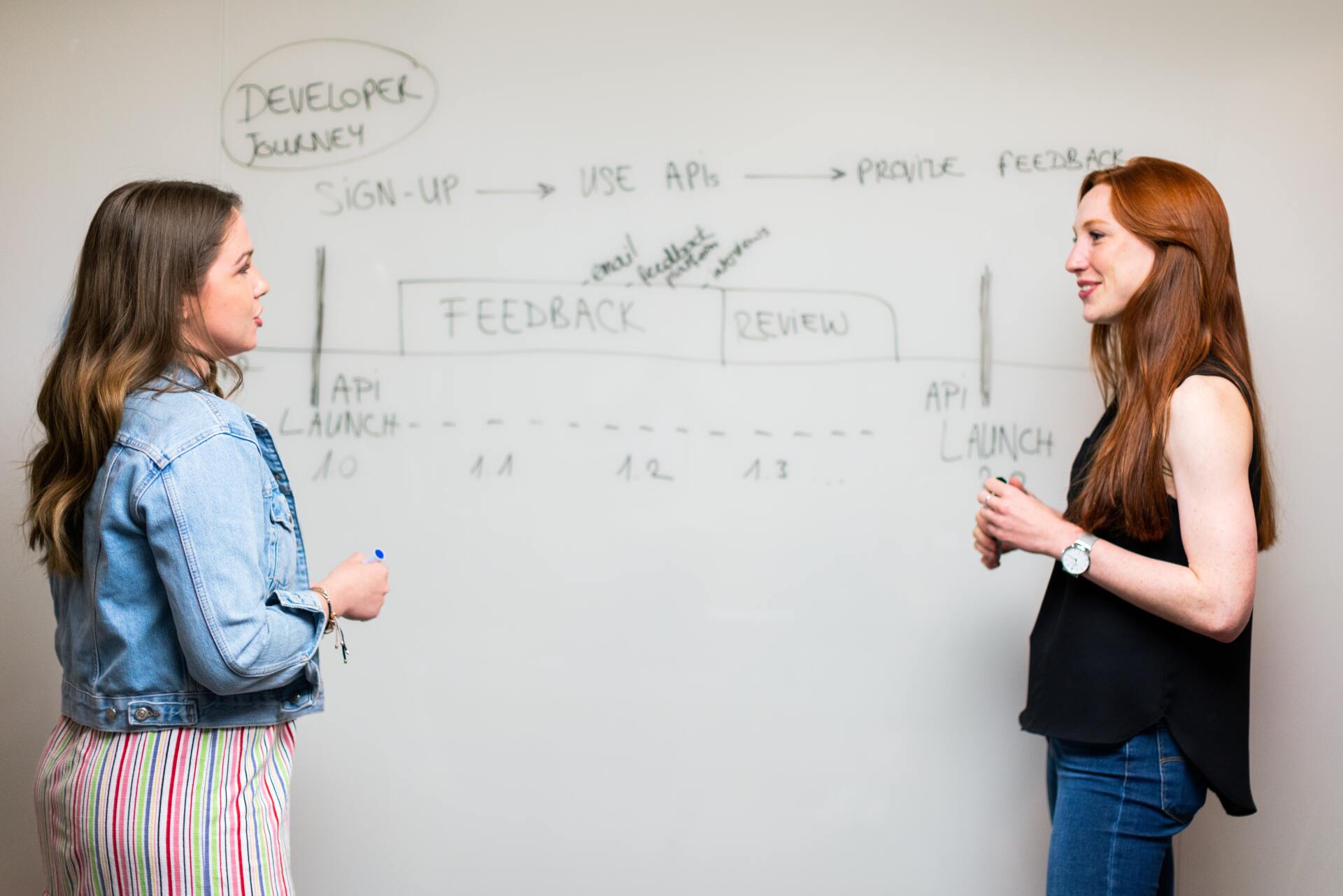Cloud
What is Cloud?
In the context of software development for mobile applications, a mobile tech stack refers to a combination of technologies, frameworks, and tools used to build mobile applications. It encompasses both the front-end and back-end components required for developing and delivering a mobile app to users.
Why choose Mobile?
- Extensive Coverage: Our team of experienced writers and industry experts are constantly monitoring the mobile tech landscape to bring you the most up-to-date and relevant information. Whether you're interested in smartphones, tablets, wearables, or emerging mobile technologies, we've got you covered.
- Unbiased Reviews: We understand the importance of making informed decisions, especially when it comes to investing in new mobile devices or adopting cutting-edge technologies. That's why we provide unbiased reviews, analysing the pros and cons of various products and services, so you can make the right choice for your needs.
- Tech Stack Insights: One of our primary focuses is providing detailed insights into the tech stack behind mobile technologies. From operating systems like iOS and Android to programming languages such as Java, Kotlin, Swift, and React Native, we delve into the nuts and bolts of mobile development, empowering both enthusiasts and professionals alike.
- Tutorials and How-Tos: Whether you're a budding mobile developer or an experienced programmer looking to expand your skill set, MobileTech Hub offers a wealth of tutorials and how-to guides. Learn to build mobile applications, optimise performance, implement security measures, and stay ahead of the game in the rapidly evolving mobile landscape.
- Industry News and Trends: Stay informed about the latest industry news, product releases, and emerging trends in the mobile tech world. Our curated content covers everything from advancements in 5G technology and mobile AI to the rise of augmented reality and mobile gaming. Be the first to know what's happening and gain a competitive edge.
- Community Interaction: MobileTech Hub is more than just a resource for information; it's a vibrant community of mobile tech enthusiasts. Engage with fellow readers, ask questions, share your experiences, and participate in discussions on our forums. Together, we can foster a supportive and collaborative environment for learning and growth.
Mobile Jobs
Key Features and Benefits:
- Cross-Platform Development: Our tech stack enables you to build apps for both iOS and Android platforms simultaneously, saving you valuable time and resources. With a single codebase, you can reach a broader audience and maximise your app's market potential.
- Robust Backend Infrastructure: Our stack incorporates a powerful backend infrastructure that ensures seamless integration with various APIs, databases, and third-party services. This enables you to create feature-rich applications with real-time updates, secure data storage, and efficient server-side processing.
- High-Performance Frameworks: We leverage industry-leading frameworks, such as React Native and Flutter, to deliver exceptional performance and smooth user experiences. These frameworks provide native-like performance, allowing your apps to run seamlessly on different devices while maintaining a consistent look and feel.
- Scalability and Flexibility: Our tech stack is built to handle the evolving needs of your business. Whether you're a startup looking to validate your app idea or an established enterprise scaling your operations, our stack ensures flexibility and scalability to accommodate your growth.
- Seamless Integration: Our tech stack seamlessly integrates with popular development tools, libraries, and services, enabling you to leverage existing resources and streamline your development process. Whether you're utilising cloud services, analytics platforms, or deployment tools, our stack offers smooth integration options.
How to get started in Mobile
Learn the Basics of Mobile Development
Begin your journey by understanding the fundamental concepts of mobile development. Familiarise yourself with the different mobile operating systems such as Android and iOS, and learn about the programming languages commonly used for mobile app development, including Java, Kotlin, Swift, and Objective-C.
Choose Your Platform
Next, decide whether you want to specialize in Android or iOS development, or both. Each platform has its unique characteristics and development tools. Android, being an open-source platform, offers greater flexibility, while iOS provides a more streamlined and controlled environment. Consider your interests, target audience, and market trends to make an informed decision.
Master the Tools and Frameworks
To build robust mobile applications efficiently, you'll need to familiarise yourself with the tools and frameworks specific to your chosen platform. For Android development, learn Android Studio, the official Integrated Development Environment (IDE), and popular frameworks like Flutter or React Native for cross-platform development. For iOS development, Xcode and SwiftUI are essential tools to explore.
Dive into App Design and User Experience
A well-designed app with an intuitive user experience is crucial for success. Explore the principles of app design, including UI/UX, interaction design, and usability. Understand the importance of creating visually appealing interfaces, seamless navigation, and responsive layouts. Adobe XD, Sketch, or Figma are popular design tools to get you started.
Build Your First Mobile App
Put your knowledge into practice by building your first mobile application. Start with a simple project and gradually increase its complexity. Utilise online resources, tutorials, and documentation to guide you through the development process. Don't be afraid to experiment and learn from your mistakes.
Test and Debug Your App
Thoroughly test your app to ensure its functionality and identify any bugs or issues. Familiarise yourself with testing frameworks and practices specific to your chosen platform. Utilise emulators, simulators, or physical devices to simulate real-world usage scenarios.
Publish and Maintain Your App
Once your app is thoroughly tested, it's time to publish it on the respective app stores. Understand the submission guidelines and policies of Google Play Store and Apple App Store. Additionally, learn about app store optimisation (ASO) techniques to maximise visibility and downloads. Regularly update and maintain your app to provide an enhanced user experience.
Stay Curious and Keep Learning
The mobile tech stack is continually evolving, with new technologies and trends emerging regularly. Stay up to date with the latest advancements, attend conferences and webinars, join developer communities, and participate in forums. Continuous learning and curiosity will help you stay ahead in this dynamic field.






